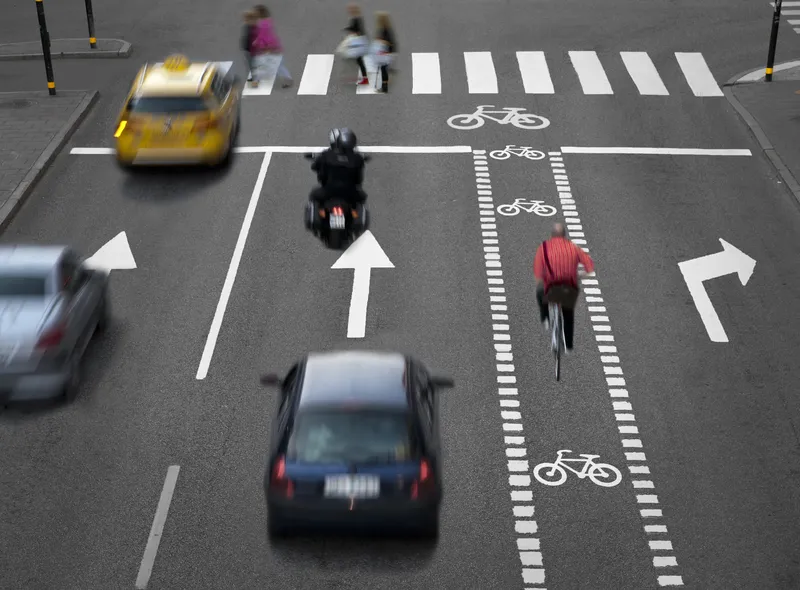
Removing regulatory barriers is at the heart of US National Highway Traffic Safety Administration (NHTSA)'s new Automated Vehicle (AV) Framework.
"The new framework will unleash American ingenuity, maintain key safety standards, and prevent a harmful patchwork of state laws and regulations," says a statement from US Department of Transportation.
US secretary of transportation Sean Duffy says the country is "in a race with China to out-innovate, and the stakes couldn’t be higher".
“As part of DoT's innovation agenda, our new framework will slash red tape and move us closer to a single national standard that spurs innovation and prioritises safety," he added.
NHTSA’s AV Framework has three principles:
- Prioritise safety in AV operations on public roads
- 'Unleash innovation' by removing unnecessary red tape
- Enable commercial deployment of AVs
NHTSA's Standing General Order on Crash Reporting for vehicles equipped with certain advanced driver assistance systems (ADAS) and automated driving systems (ADS) will remain, but will be streamlined "to sharpen the focus on critical safety information while removing unnecessary and duplicative requirements".
The agency will also expand the Automated Vehicle Exemption Program - previously open only to imported AVs - to include US-produced vehicles.
“By streamlining the SGO for Crash Reporting and expanding an existing exemption programme to domestic vehicles, we are enabling AV manufacturers to develop faster and spend less time on unnecessary process, while still advancing safety,” said NHTSA chief counsel Peter Simshauser. “These are the first steps toward making America a more welcoming environment for the next generation of automotive technology."
In a separate move, Duffy announced that USDoT has "terminated seven woke university grants totaling $54 million".
“The previous administration turned the Department of Transportation into the Department of Woke," said Duffy.
USDoT says the university grants which have been cancelled are:
University of California, Davis - National Center for Sustainable Transportation
$12m for “accelerating equitable decarbonisation” research.
City College of New York - Center for Social and Economic Mobility for People and Communities through Transportation
About $9m for “equitable transportation for the disadvantaged workforce” research.
University of Southern California - Pacific Southwest Region University Transportation Center
About $9m for research on how “the transportation system creates and perpetuates inequities".
New York University - Connected Communities for Smart Mobility Toward Accessible and Resilient Transportation for Equitably Reducing Congestion
$6m for “e-bikes to low-income travellers in transit deserts” research.
San Jose State University - Mineta Consortium for Emerging, Efficient, and Safe Transportation
About $6m for research on “intermodal inequities, particularly how improvements to auto travel can benefit higher income, often white drivers, while depressing transit ridership potential and depriving it of revenues necessary to provide comprehensive services to lower income, often Bipoc people and research into using crowdsourcing and collaborative planning to address safety concerns of women and gender non-conforming people using public transportation".
University of New Orleans - Center for Transit Oriented Communities
$6m for “equitable transit-oriented communities [and] how neighborhood stabilisation efforts support environmental justice” research.
Johns Hopkins University - Center for Smart Transportation
$6m for research on “hyperlocal pollution exposure inequalities in New York City, promoting EV usage for low-income gig workers, long distance ride sharing, gentrification” and making climate change the centre of transportation decisions.










